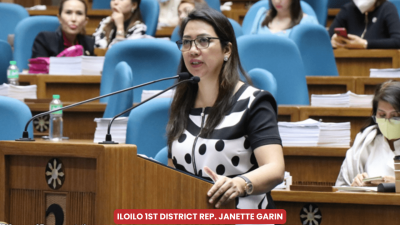MANILA — In response to the rising costs of medical care, the Philippine Health Insurance Corporation (PhilHealth) is gearing up to implement rate adjustments for most of its benefit packages commencing in 2024.
Emmanuel Ledesma Jr., President and CEO of PhilHealth, emphasized the necessity of these adjustments to ensure members experience the true value of their benefits, providing meaningful financial risk protection.
Ledesma stated, “Dapat ramdam ng mga kababayan natin ang benepisyo nila sa PhilHealth (Our fellowmen must be able to feel their benefits from PhilHealth).”
PhilHealth initially introduced the case rate payment system in 2013, reimbursing a fixed amount for specific medical conditions or surgical cases. With the proposed adjustments, case rates may see an increase of up to 30 percent across all cases, resulting in reduced out-of-pocket expenses for hospitalization and outpatient care.
To mitigate potential inflationary effects, PhilHealth will implement a cost-sharing mechanism, establishing fixed co-payment rates for health facilities and members in addition to PhilHealth’s contribution.
This approach aims to enhance the efficiency of resource utilization by health facilities while allowing members to predict their expenses for extra services beyond basic accommodations.
In addition to these changes, PhilHealth will employ strategies to prevent insurance fraud and curb doctor moral hazards, aiming to control healthcare costs and discourage irrational use of healthcare services.
Ledesma clarified that the proposed upward adjustment in case rates is separate from the ongoing benefit expansion and rationalization already approved by the PhilHealth Board.
Noteworthy developments in 2023 include the expanded dialysis coverage to 156 sessions and rationalized rates for conditions prevalent among Filipinos. For 2024, PhilHealth plans to further expand Z Benefits for breast cancer, encompassing targeted therapy coverage of up to PHP 1 million per patient per year.
Z Benefits currently covers 20 catastrophic illnesses and health conditions requiring expensive treatments and hospitalizations, ranging from various cancers to congenital anomalies and mobility-related concerns.
In conclusion, these adjustments reflect PhilHealth’s commitment to enhancing the accessibility and quality of healthcare services for its members, while concurrently addressing the challenges posed by escalating medical costs.
(IAmigo/MNM)







